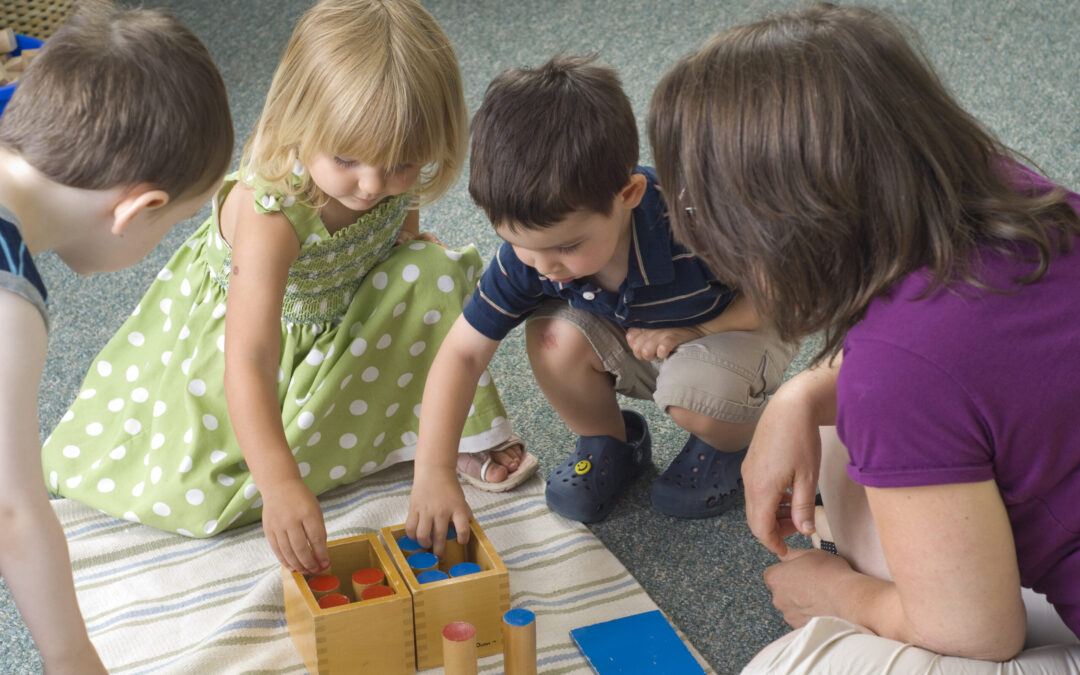The child-development professionals at Celebree School discuss the importance of friendships and how to help your child with the often tricky friendship-making process.
Preschool is a big step. Children face significant growth in responsibilities during this transition, including substantial pressures to feel accepted by their peers. To help make this time easier, it is important that you understand the key factors that characterize the development of strong, healthy friendships during these early years.
Acknowledgement
Every friendship begins with a small sign that the two are interested in becoming friends. Displaying openness to another child is often the first step. It can be as simple as asking, “Would you like to be my friend?” Shy children often have trouble initiating the greeting. If someone says hello to them, they may look away and say nothing, or mumble a response without eye contact. Although their message comes across as standoffish, that’s usually not the intent. Shy children typically feel awkward or self-conscious if they cannot find a way to answer.
One way to help a child feel more comfortable in this new setting is to practice greetings through role play. Explain that a friendly greeting involves eye contact, smiling warmly and speaking loud enough to be heard. If they mention the other child’s name, that can help make it more personal as well.
Kindness
Small acts of kindness can be another way to signal interest. This can mean anything from lending a pencil to a classmate or saving them a seat. It could also mean sharing a lunch treat or walking with them in the classroom line.
Something to remember: there’s such a thing as too much kindness, forced upon others. Young children can get carried away with hugging or kissing a playmate as they do not yet fully understand personal space. Help your child find less intrusive ways of communicating interest.
Play Dates
Once your child has made a friendly connection with a peer, the best thing you can do to nurture this budding friendship is to help your child arrange a one-on-one, activity-based play date. Offer activities for your child to do to avoid the usual rough-start of the play date. Helping your child figure out what they’d like to do from the beginning will ensure that the children are not twiddling their thumbs, wondering what to do.
Additionally, if your child ever gets upset during the play date, use this as a teachable moment. Encourage both children to express their thoughts, feelings, or wants. Then provide them with options on what they could do to move forward.
Remember, preschool-age children are still discovering themselves and how to make friends. They are new to the process, and like anything else, practice will always help. Encourage your child’s bravery when stepping outside of their comfort zone. In helping your child develop confidence in speaking to others and initiating conversation, you’re not only setting them up for kindergarten, you’re setting them up for life.
To learn more about your preschooler’s development, contact Celebree School today.

